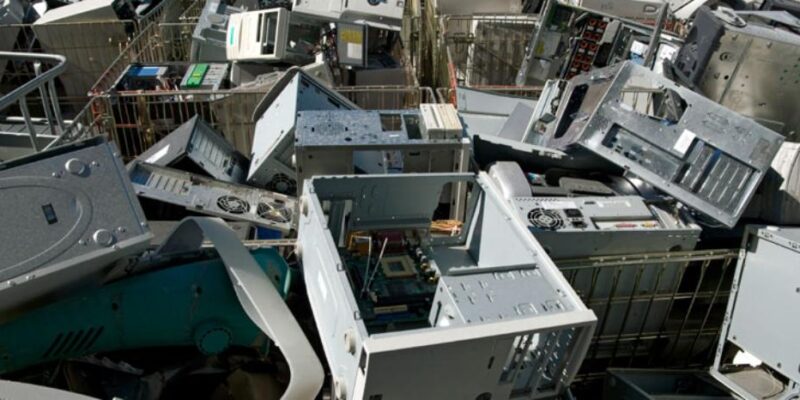In the European Union, WEEE certification is essential for any business involved in the production, import, or distribution of electrical and electronic equipment (EEE). This certification demonstrates that a company is compliant with the Waste Electrical and Electronic Equipment (WEEE) Directive, which ensures the proper recycling and disposal of electronic waste. Obtaining WEEE certification is not only a legal requirement but also a step towards environmental responsibility.
Circular Compliance WEEE certification services help businesses navigate the certification process and ensure they meet all regulatory requirements.
1. Understanding WEEE Certification
WEEE certification is granted to companies that comply with the requirements of the WEEE Directive. These requirements include registering with the appropriate national authorities, reporting the volume of EEE placed on the market, and ensuring that electronic waste is properly collected, treated, and recycled. Certification serves as proof that your company is meeting its environmental obligations.
By obtaining Circular Compliance WEEE certification, businesses can demonstrate their commitment to sustainable waste management practices and avoid potential fines or legal issues.
2. Steps to Obtaining WEEE Certification
The process of obtaining WEEE certification involves several key steps:
- Registration: The first step is to register with the national environmental authority in the country where your products are sold. This registration process varies by country, but it typically involves providing information about your company and the types of products you sell.
- Data Reporting: Companies are required to report the volume of electrical and electronic equipment they place on the market each year. This data is used to calculate recycling targets and ensure that the company is contributing to national recycling programs.
- Compliance Audits: Some countries may require periodic audits to verify that companies are meeting their WEEE obligations.
Circular Compliance simplifies this process by offering comprehensive WEEE certification services that handle registration, reporting, and audits.
3. The Benefits of WEEE Certification
Obtaining WEEE certification offers numerous benefits. In addition to ensuring legal compliance, certification improves your company’s reputation by demonstrating a commitment to environmental responsibility. Many consumers and partners prefer to do business with companies that prioritize sustainability, making WEEE certification an important factor in your corporate social responsibility strategy.
Conclusion
WEEE certification is a vital part of regulatory compliance for businesses involved in electronic products. By partnering with Circular Compliance WEEE certification services, companies can navigate the certification process with ease, ensuring full compliance with the WEEE Directive and contributing to a more sustainable future.
